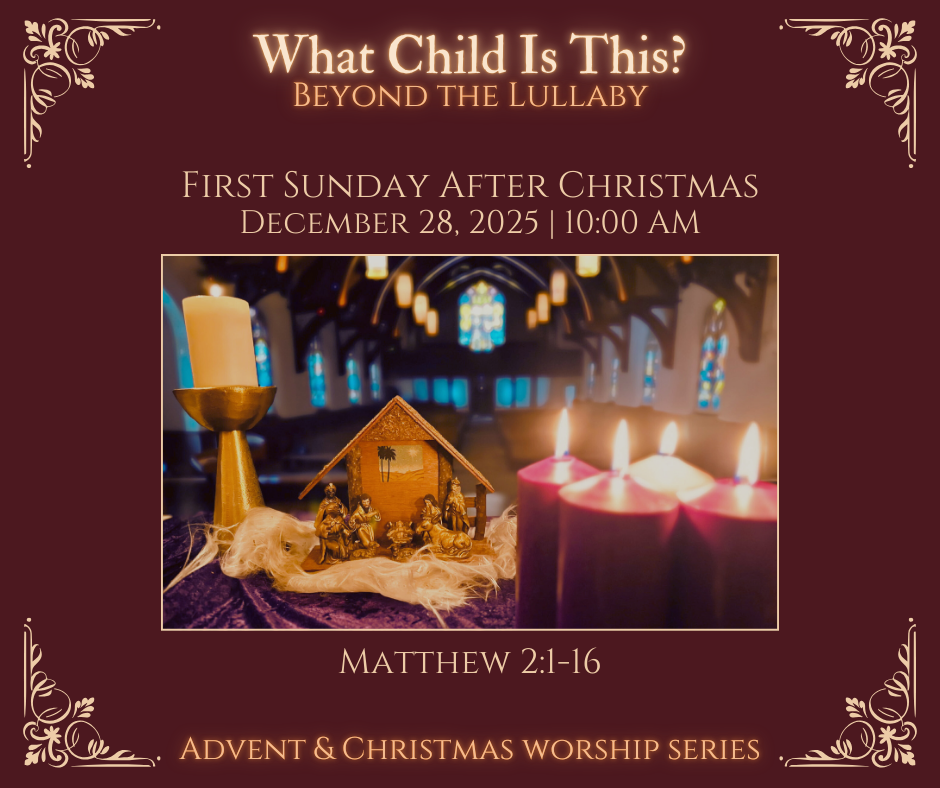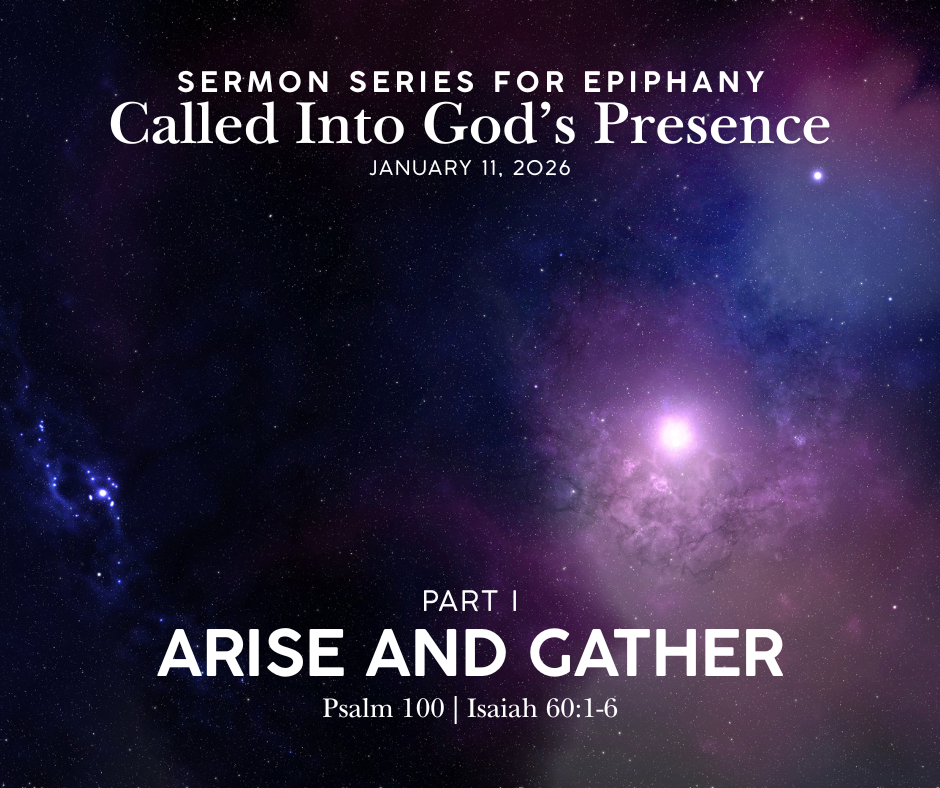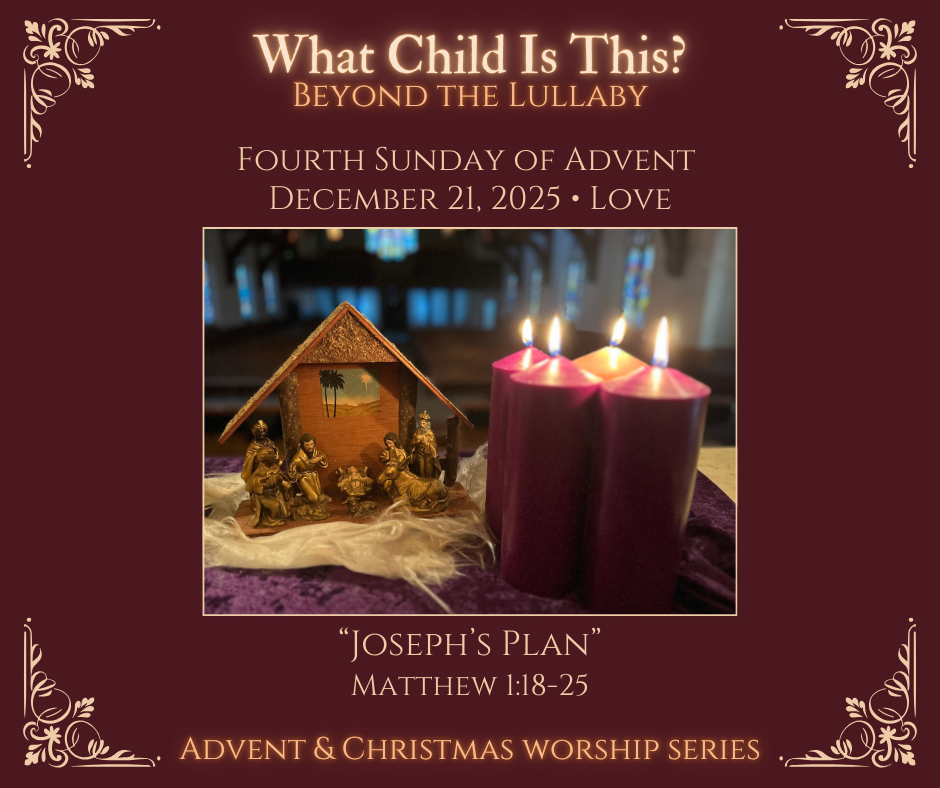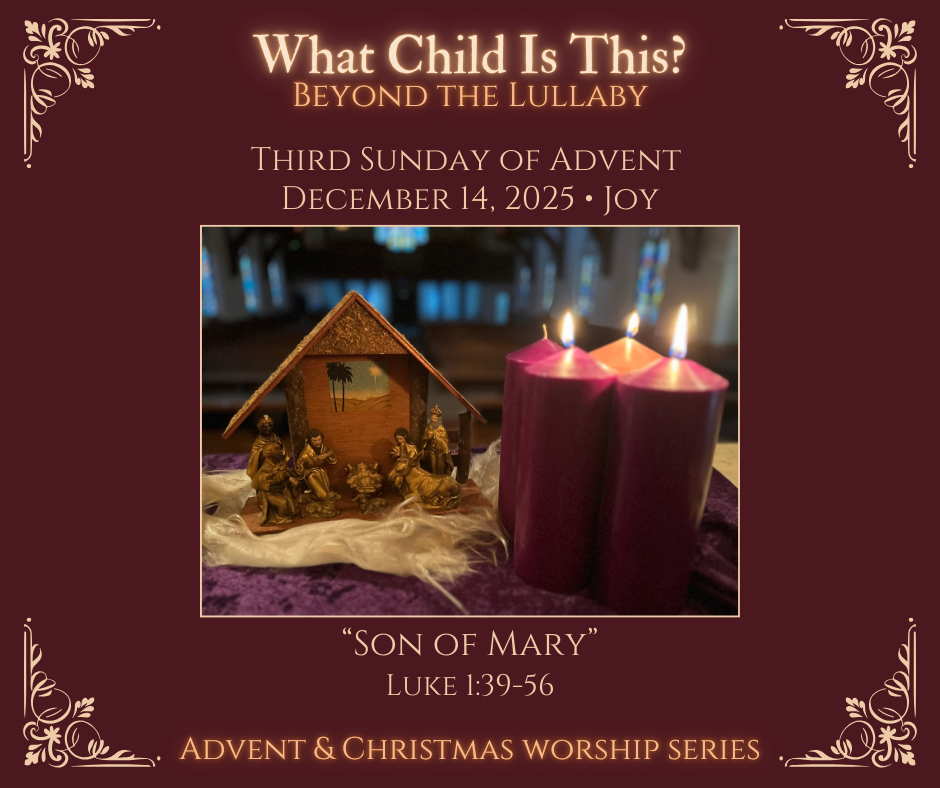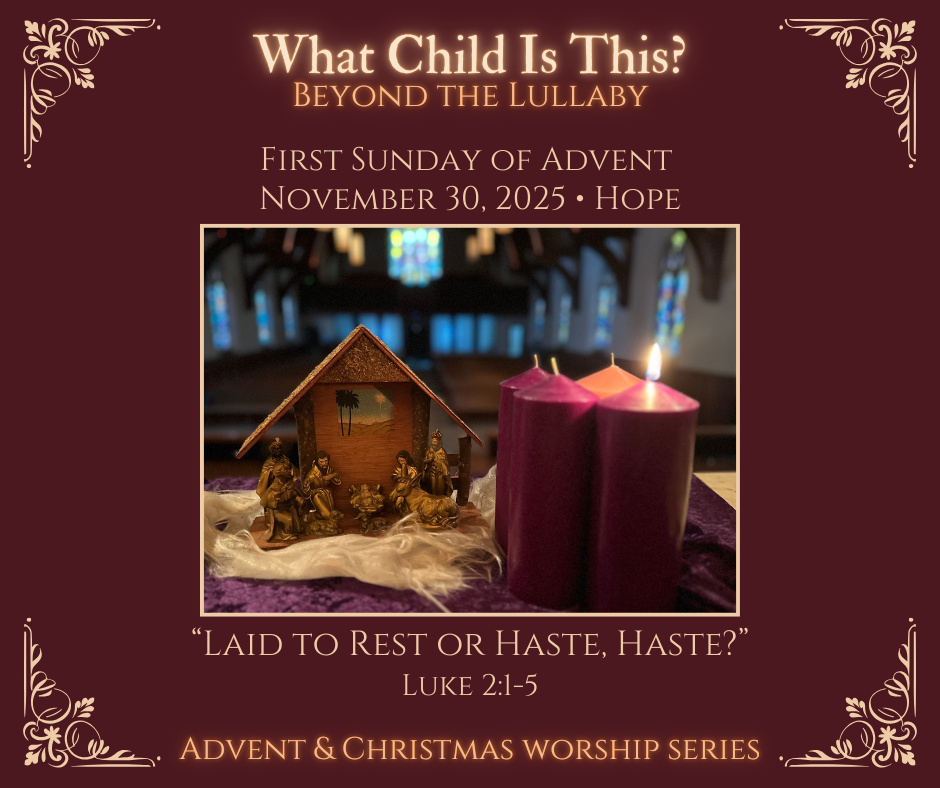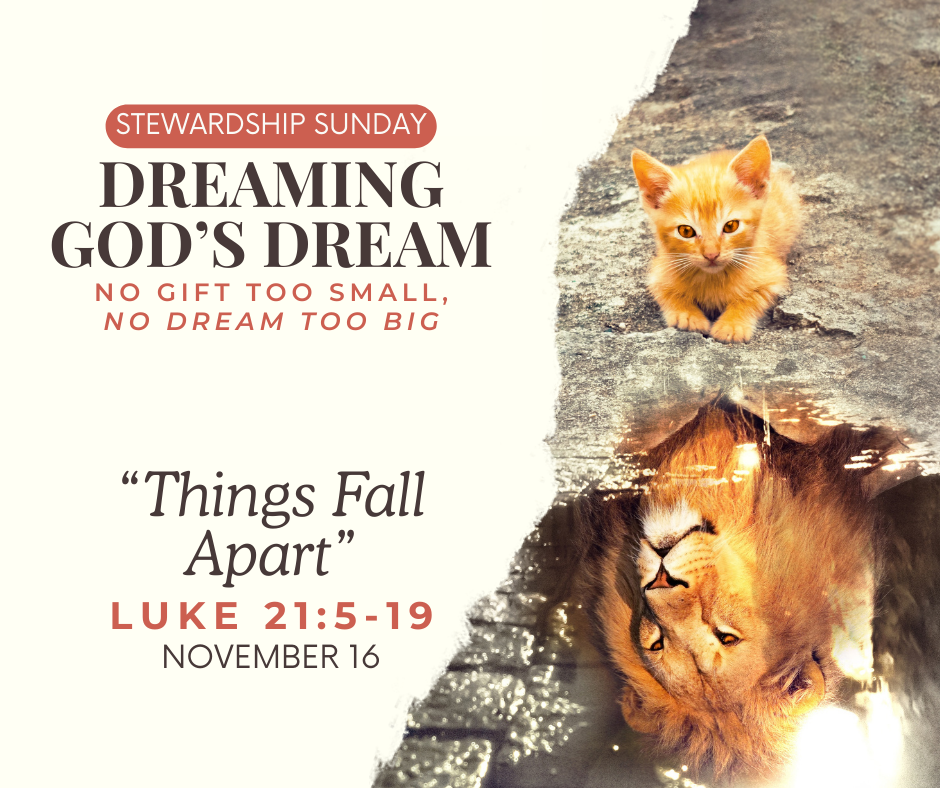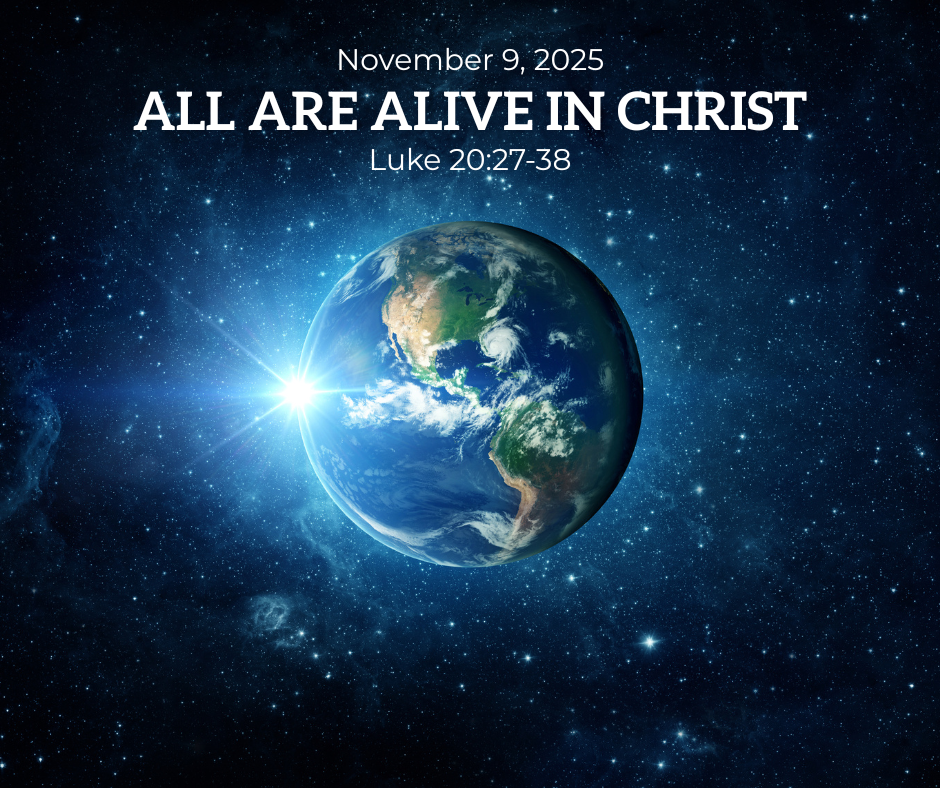Want to learn more about worship?
Ways to Worship
Worship with us in person on Sundays at 10:00 AM. Holy Communion is on the first Sunday of the month. Our worship services are broadcast live on BRTV, local access channels 7 and 1301, for Spectrum subscribers. You may also live stream worship services on YouTube and Facebook. All of our Sunday services are archived on YouTube, Facebook, and at www.boothbaytv.com. Our Streaming Manager has provided edited versions of the worship services on YouTube for those who wish to watch only the scripture reading and sermon, the music notes and highlights, or the worship service in full.
The worship schedule is listed below.
Pastor Todd's sermons are also available in text form below for those who wish to read the sermon.
Worship Schedule
List of Services
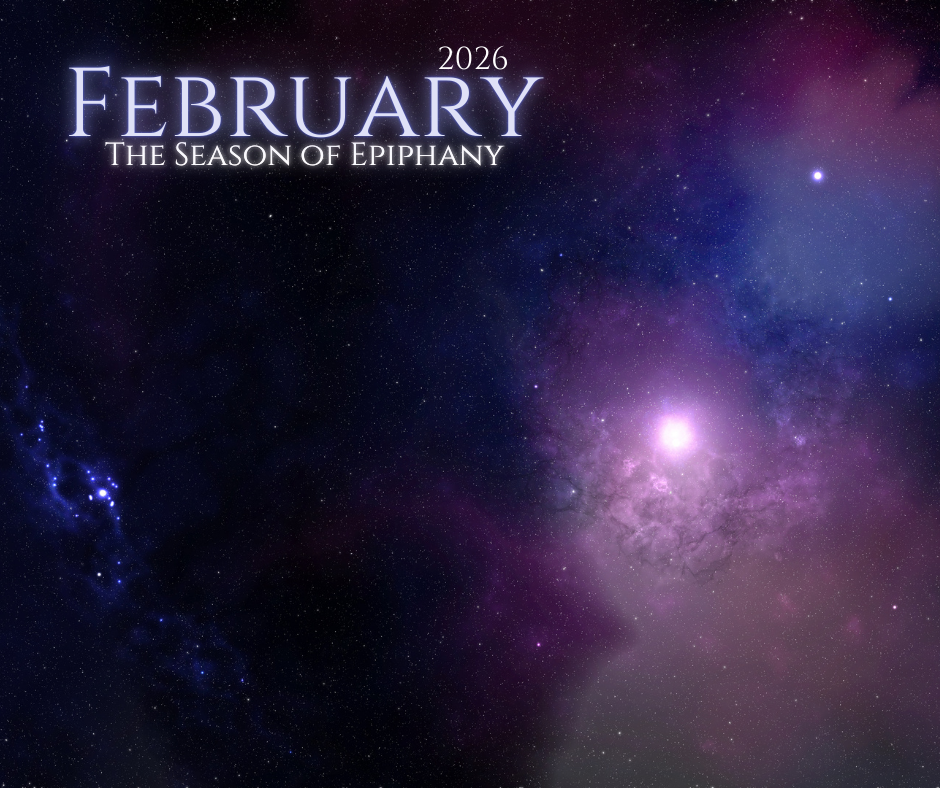
February 2026 Worship
Called Into God's Presence
The Season of Epiphany
Our Epiphany worship series, Called Into God's Presence, continues to explore the movements of worship—from gathering and listening, to prayer, ritual, the Table, and finally being sent into the world. Drawing on the Psalms, Scripture, and our shared tradition, we will ask how worship shapes who we are becoming, both as a congregation and as people called to reflect God's light in the world.
List of Services
-
Week 4 | February 1 | Communion SundayList Item 1
"The Table: Feasting on Grace"
Psalm 34:1–8, Luke 24:13-18; 28–35
The Psalm invites us to "taste and see" God's goodness. In Luke, Christ is recognized in the breaking of the bread. At the Table, Christ meets us, feeds us, and forms us into a community of grace.
-
Week 5 | February 8List Item 2
"Ritual & Symbol: Why We Do What We Do"
Deuteronomy 6:20–25, Psalm 78:1–7
Deuteronomy explains that ritual invites questions and passes faith to the next generation. Psalm 78 calls the community to tell God's story so it is not forgotten. Ritual keeps faith alive. Through repeated practices, the story of God is remembered and handed on.
-
Week 6 | February 15 | Transfiguration SundayList Item 3
"The Sending: Becoming Light in the World "
Psalm 67, Matthew 5:13–16
The Psalm blesses the people so God's light may reach all nations. Jesus calls his followers to be salt and light in the world. Worship does not end—it sends us out as bearers of God's light.

Sermon Series for Lent & Easter
Pilgrims on the Way
We are beginning Lent not only with ashes and self-reflection but also with a movie matinee. Join us Sunday, February 22, at 4:00 PM for the popular and poignant movie, The Way. Martin Sheen starred in the 2010 movie about a father's pilgrimage in honor of his late son on the famed Camino de Santiago in France and Spain, accompanies us as our modern-day inspiration to live the life we've been given to the fullest. Lent is a time of reflection, and there's nothing like a pilgrimage to conjure that up. Making intentional journeys has been a ritual of humankind across time and traditions. Inspired by passages in the Judeo-Christian scriptures that talk about the journeys, roads, and pathways of life, we will make our way together through this season.
List of Services
-
February 18 at 5:30 PM | Ash WednesdayList Item 1
"The Way Back"
Psalm 51: 10-15, Joel 2: 12-17; 28-29
Sometimes things happen in our lives that cause us to awaken to a new perspective, and we begin to reassess the life road we are following, the directions we are going. Ash Wednesday is a time in the church where we talk of "repentance," which literally means to turn around and head in a new direction. This night, we will receive ashes in the sign of the cross on our foreheads, a traditional sign of our own mortality and the necessity of making this life purposeful.
-
Week 1 | February 22 | First Sunday in LentList Item 2
"The Wandering Way"
Psalm 1: 1-6, Luke 4: 1-2
After Jesus' baptism, he went on a pilgrimage into the wilderness. A common practice among spiritual leaders of his day, this was a time to dig deep into the humanity of his soul. Along the way, he encounters what we all encounter on life's paths: temptations to stray from the path God has intended for us. But "all who wander are not lost," for it is in the wandering that we find our true selves.
-
Week 2 | March 1 | Second Sunday on Lent | Communion SundayList Item 3
"The High Way"
Psalm 37: 23-34, Isaiah 55: 1-9
We are taught that everything costs. But our ways are not God’s ways. We are all invited, without price, to the abundance of God’s grace. This is the higher way that we are invited to embody for the sake of the world. The “rich food” that we are invited to partake is the richness of life when all have enough not simply to survive, but to thrive. Hospitality is the way–even though we do not agree on everything, we are still one family at one table.
-
Week 3 | March 8 | Third Sunday in LentList Item 4
"The Way Around"
Psalm 32: 1-11, Luke 13: 31-34
We are not always understood. Jesus found this out, just like so many of us. Close family, friends, and neighbors may cling to an idea of who we are and cannot imagine we have grown beyond that identity. And likewise, we may do the same to them. We are called to move ahead and do what we feel called to, claiming who we know we are, taking the way around what others think we ought to do and be. And we offer the same steadfast love and encouragement to others.
-
Week 4 | March 15 | Fourth Sunday in Lent
"The Way Home"
Psalm 25: 4-10, Luke 15: 11b-32
No matter what we call “home” in this physical world, we yearn for a spiritual home within that offers serenity, acceptance, and belonging without question. The extravagant acceptance of the father for the son in Jesus’ parable of the wandering son is difficult for us to believe sometimes–that no matter what we have done, who we are, how far we are from what we want to become, we are welcomed home by the Loving Parent.
-
Week 5 | March 22 | Fifth Sunday in Lent
"The Free Way"
Psalm 18: 1-33, Isaiah 43: 16-19, Isaiah 43: 16-19
New paths are possible through freedom in Christ. And these ways can be made plain before us if we have eyes to see. Yes, we will strain against adversity–such is life. But new paths are always possible. New horizons are ours through relationship with God and with each other. There will be both stumbling blocks and stepping stones along the way. But God is our rock and our redeemer–God is with us in our every step.
-
Week 6 | March 29 | Palm Sunday
"The Other Way"
Psalm 37: 1-9, Luke 19: 28-40
This moment on the road for Jesus feels both like the end and the beginning. Such are so many moments of our lives. A pilgrimage may reach its destination, but the hope, the wisdom, the lessons learned along the way have offered a new starting point for us. What have we learned and what transformation–what “other way”–are we called to in the name of right relationship in our lives?
-
Holy Week | April 2 at 7:00 PM | Maundy Thursday
Maundy Thursday Tenebrae Service
"The Loving Way"
Many of the events surrounding Jesus' last days are shrouded in shadow. A solemn observance of Holy Communion, known as “Tenebrae,” was celebrated in the fourth century. The service involved the extinguishing of candles as a reminder of the darkness that covered the earth after Jesus's Passion and Crucifixion. “Tenebrae” means shadow or darkness.
The candles are extinguished gradually, symbolic of the gradual flight and denial of Jesus's disciples and friends during his arrest, trial, and execution. However, as we commemorate those events this evening and are reminded of our own fading loyalty and the consequence of our separation from God, we are also reminded that the Light of Christ can never be extinguished. In that Light, we find forgiveness and fellowship in communion with Christ.
-
Easter | April 5 | Communion Sunday | Easter Egg Hunt
"Make Your Way"
Psalm 77, Matthew 28: 1-10
The morning comes and grief turns to fear and then to astonishment and joy. The message is clear; Jesus is not dead, and they are given instructions to make their way to Galilee where he will meet with all the disciples. And so, we make our way this morning to meet the risen Christ on the shores where the disciples were called and where we are called once again to be the Christ’s risen Body on the way to liberation from death into renewed life, renewed journeys, forevermore.
The children are invited to participate in an Easter Egg Hunt in the Sunday School Room.
Sermons
